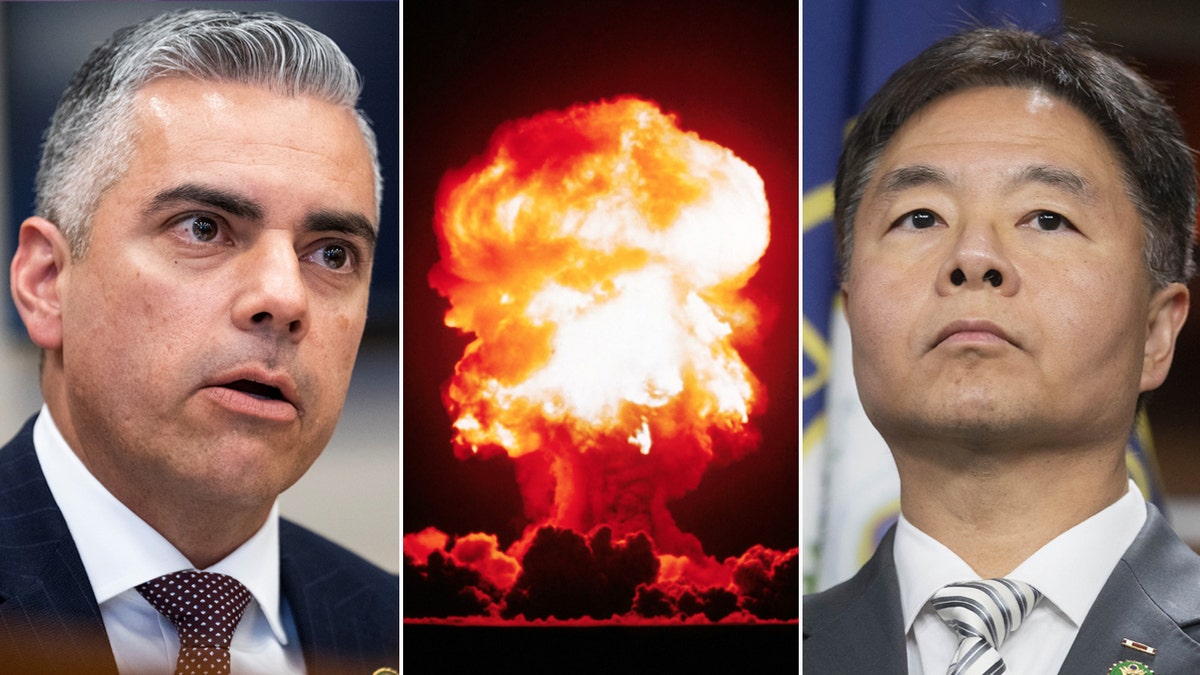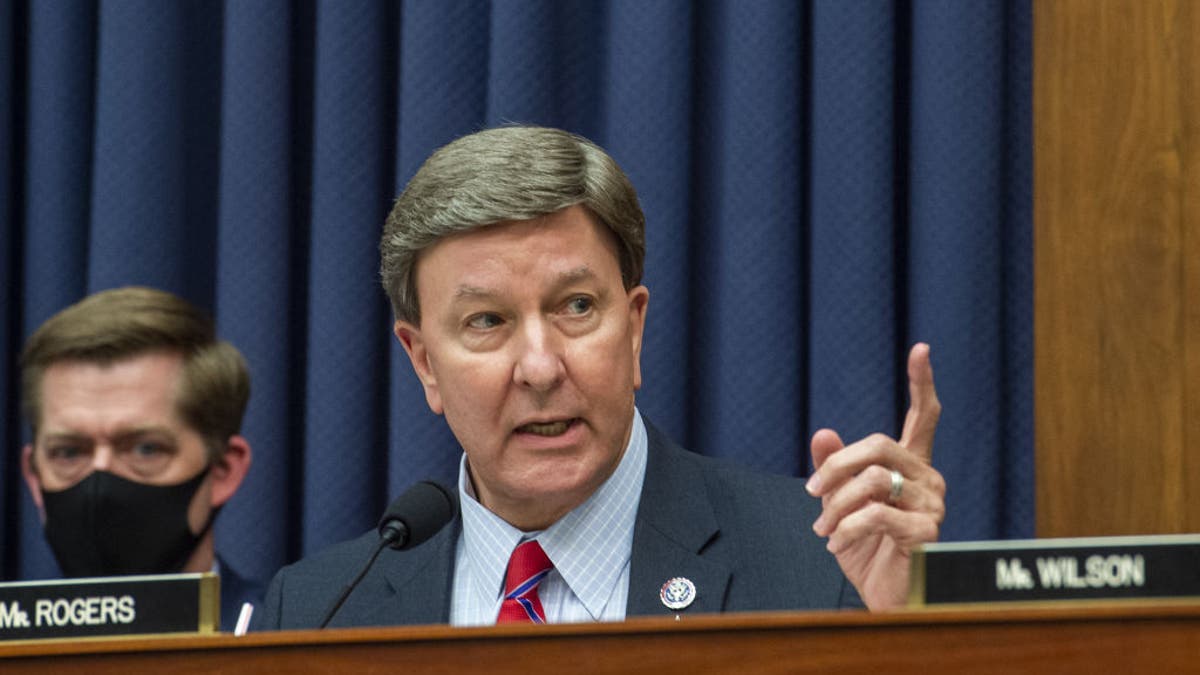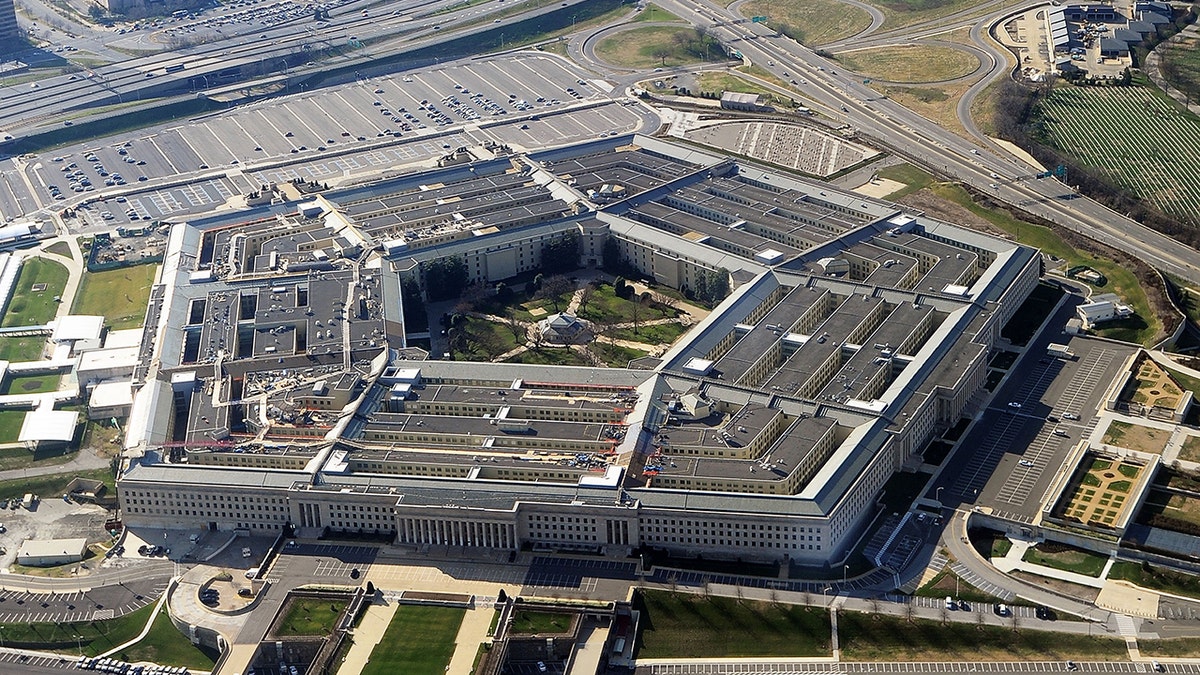Concerns about the rapid advancement of artificial intelligence and its potential impact on critical decisions, such as nuclear launch authorization, have spurred Congressional action. A bipartisan amendment to the 2024 National Defense Authorization Act (NDAA), introduced by Rep. Ted Lieu (D-CA), seeks to mandate "meaningful human control" over nuclear weapons. This stipulation emphasizes human involvement in target selection, engagement timing, and execution.
While senior military officials affirm their commitment to human oversight in tactical decisions, the growing support for Lieu's amendment reflects increasing apprehension about the potential for AI to act autonomously in high-stakes scenarios. The amendment has garnered bipartisan backing, with Representatives Juan Ciscomani (R-AZ), Zachary Nunn (R-IA), Chrissy Houlahan (D-PA), Seth Moulton (D-MA), Rashida Tlaib (D-MI), and Don Beyer (D-VA) joining as co-sponsors.

This amendment is just one of over 1,300 proposed additions to the NDAA, highlighting the growing legislative focus on AI. A separate amendment, proposed by Rep. Stephen Lynch (D-MA), calls for the Department of Defense to adhere to the Biden administration's February guidance on responsible military AI usage, which emphasizes human control over nuclear weapons deployment.

Not all proposed amendments aim to restrict AI development. Rep. Josh Gottheimer (D-NJ) has proposed establishing a joint U.S.-Israel Artificial Intelligence Center for collaborative research on AI and machine learning with military applications. Additionally, Rep. Rob Wittman (R-VA) seeks to mandate a Pentagon-led evaluation process for large language models like ChatGPT, focusing on factual accuracy, bias detection, and disinformation potential.

The House Armed Services Committee's version of the NDAA already includes provisions for responsible AI development and use within the Pentagon, including exploring the potential of autonomous systems to enhance military efficiency. These diverse proposals reflect the complex and evolving dialogue surrounding AI's role in national security.








